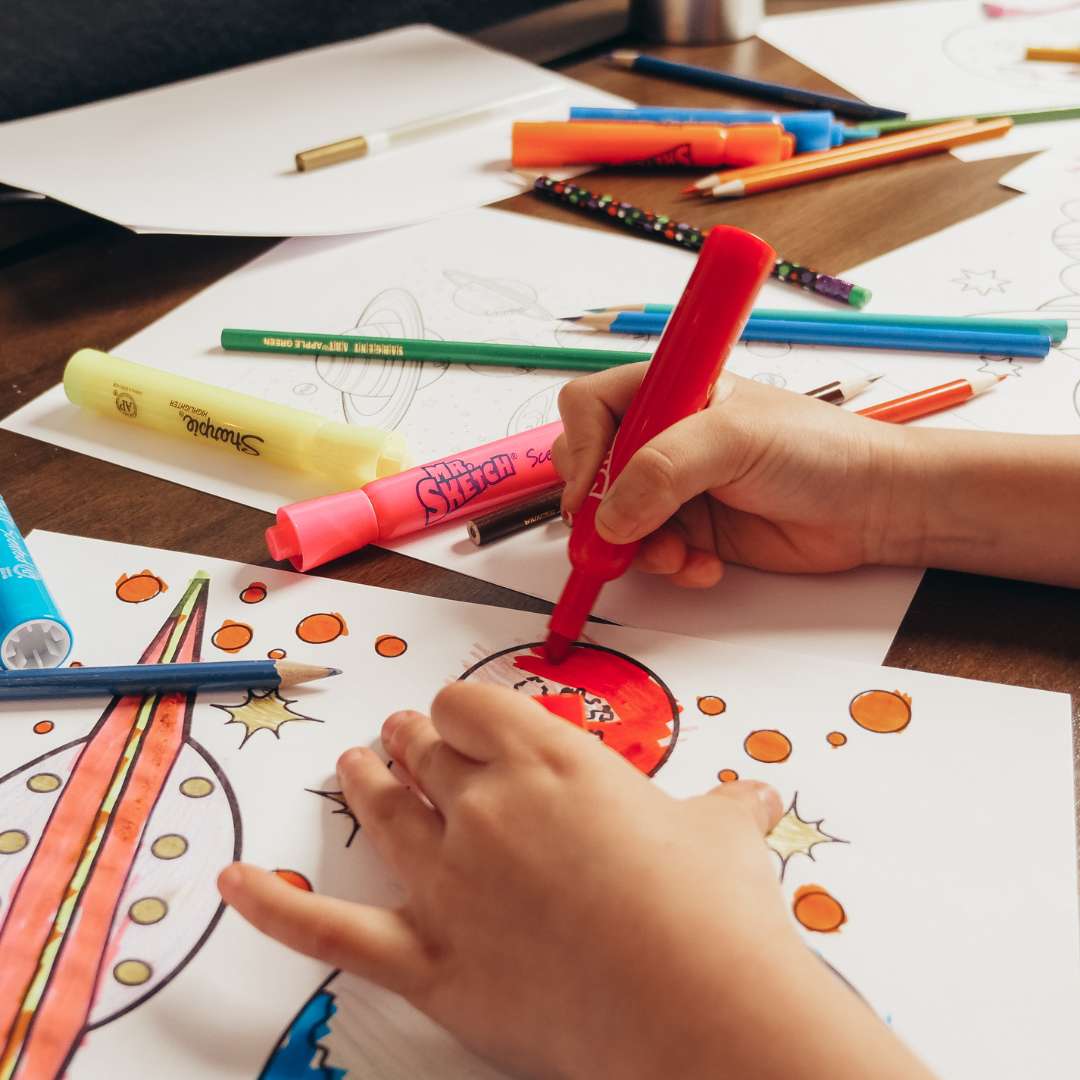Germany has a long tradition of producing insightful and impactful literature on education. Renowned for its commitment to fostering child development through innovative and research-based practices, German authors have written some of the most influential books in this field. Below, we explore some of the best German books about children’s education, focusing on their content, approach, and why they are highly recommended for parents and educators alike.
1. “Kinder verstehen” by Herbert Renz-Polster
“Kinder verstehen” (Understanding Children) is an essential guide for parents looking to comprehend the deeper needs of their children. Written by pediatrician Herbert Renz-Polster, the book is grounded in developmental psychology and evolutionary biology.
Renz-Polster emphasizes understanding children’s behavior through the lens of their biological and historical development. For example, he connects modern tantrums or fears to survival instincts from ancient times. This approach helps parents see their child’s actions not as misbehavior but as a window into their needs and emotions.
Why it’s valuable:
• Offers a blend of scientific research and practical advice.
• Encourages empathy and patience in parenting.
• Focuses on holistic child development.
2. “Das kompetente Kind” by Jesper Juul
Jesper Juul, a renowned family therapist, provides a revolutionary perspective on parenting in “Das kompetente Kind” (The Competent Child). Though Juul was Danish, his work is highly influential in Germany and has been widely translated.
The book challenges traditional authoritarian parenting styles, advocating for mutual respect and collaboration between parents and children. Juul asserts that children are inherently competent and should be treated as equal members of the family. This approach fosters self-esteem and emotional intelligence in children.
Key themes:
• Encouraging dialogue and understanding in family relationships.
• Shifting from control to guidance in parenting.
• Building a foundation of trust and mutual respect.
3. “Die Kunst, keine perfekte Mutter zu sein” by Nathalie Klüver
For parents who feel overwhelmed by societal pressures to be perfect, “Die Kunst, keine perfekte Mutter zu sein” (The Art of Not Being a Perfect Mother) by Nathalie Klüver is a breath of fresh air.
Klüver humorously dismantles the myth of the “perfect parent” and offers practical tips for achieving a healthy work-life balance. She stresses the importance of self-care and letting go of guilt, encouraging parents to embrace imperfection while raising happy and resilient children.
Highlights:
• Written in a relatable and humorous tone.
• Offers realistic solutions to parenting challenges.
• Promotes self-compassion and resilience.
4. “Erziehen ohne Schimpfen” by Nicola Schmidt
Nicola Schmidt, a journalist and parenting expert, introduces an empathetic and non-punitive approach to raising children in “Erziehen ohne Schimpfen” (Parenting Without Yelling).
This book is ideal for parents who want to break the cycle of frustration and punitive discipline. Schmidt provides tools and techniques for managing challenging situations while maintaining a calm and supportive demeanor. She integrates insights from psychology and neuroscience to help parents understand how yelling impacts children’s development.
Why it stands out:
• Practical advice for diffusing tension.
• Focuses on long-term emotional well-being.
• Encourages building stronger parent-child bonds.
5. “Mit Kindern wachsen” by Wolfgang Hohenstein
“Mit Kindern wachsen” (Growing with Children) is a transformative guide that highlights how parenting is a mutual journey of growth for both children and parents. Wolfgang Hohenstein, a child psychologist, draws on Buddhist philosophy to emphasize mindfulness and presence in daily interactions with children.
This book is particularly helpful for parents seeking to improve their emotional awareness and build stronger connections with their children. It advocates for slowing down and savoring the parenting experience rather than focusing on perfection.
Key takeaways:
• Promotes mindfulness and emotional balance.
• Encourages self-reflection and personal growth for parents.
• Provides exercises to enhance communication and empathy.
Why These Books Matter
The educational landscape is constantly evolving, and these books provide timeless principles alongside modern insights. They prioritize empathy, understanding, and collaboration, offering parents and educators tools to raise confident, compassionate, and capable children.
Whether you’re a new parent seeking guidance or an experienced educator looking to deepen your understanding of child development, these German books offer valuable perspectives and practical advice. By incorporating their teachings, you can create a nurturing and supportive environment where children thrive.




